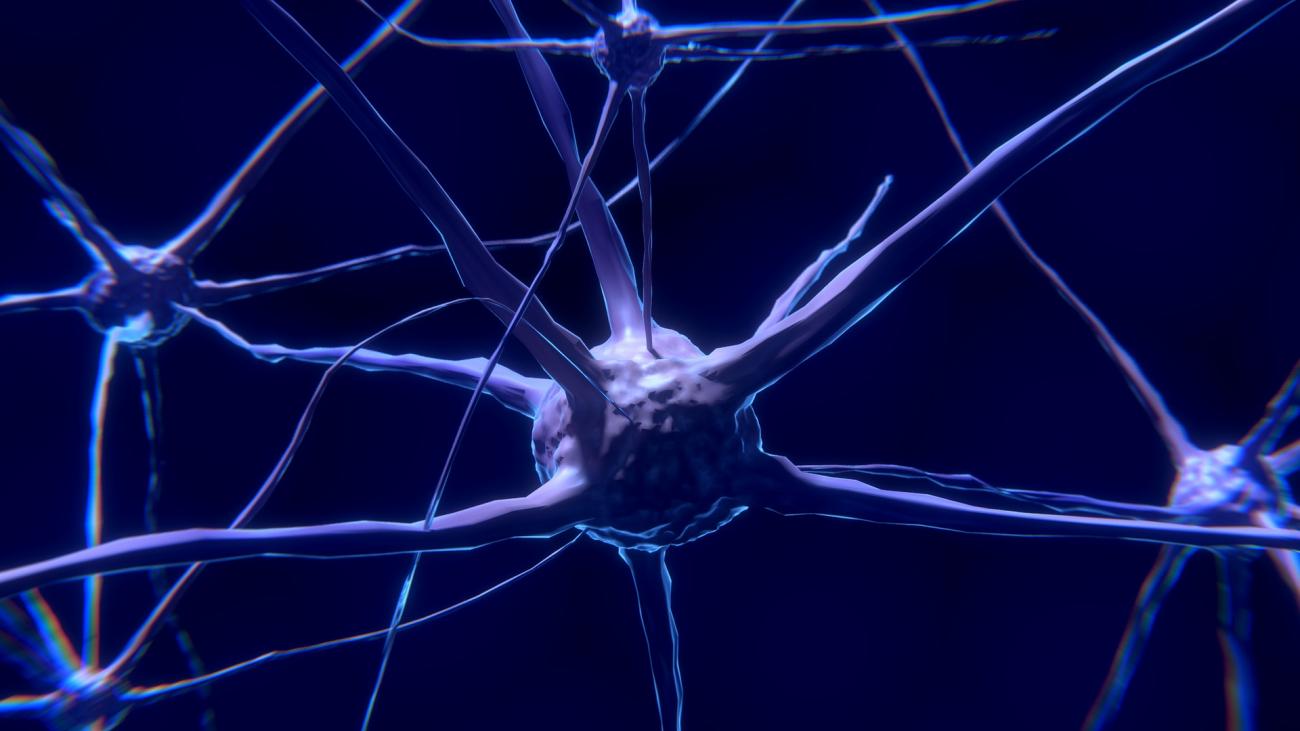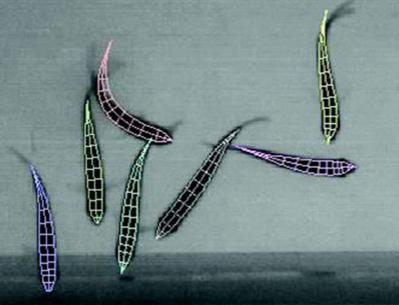Theoretical and computational approaches are playing an increasingly important role in the study of brain and behavior, helping to bridge the wide gap between our understanding of neural mechanisms and cognitive phenomena. There are a significant number of NACS faculty working on high-level computational models of brain function as well as artificial systems drawing on principles of neural computing. Research often involves collaborative efforts between individuals who are in the biological/cognitive departments and/or in the computer science and engineering departments, and is part of the more general effort in Computational Modeling and Theory within the NACS program.




